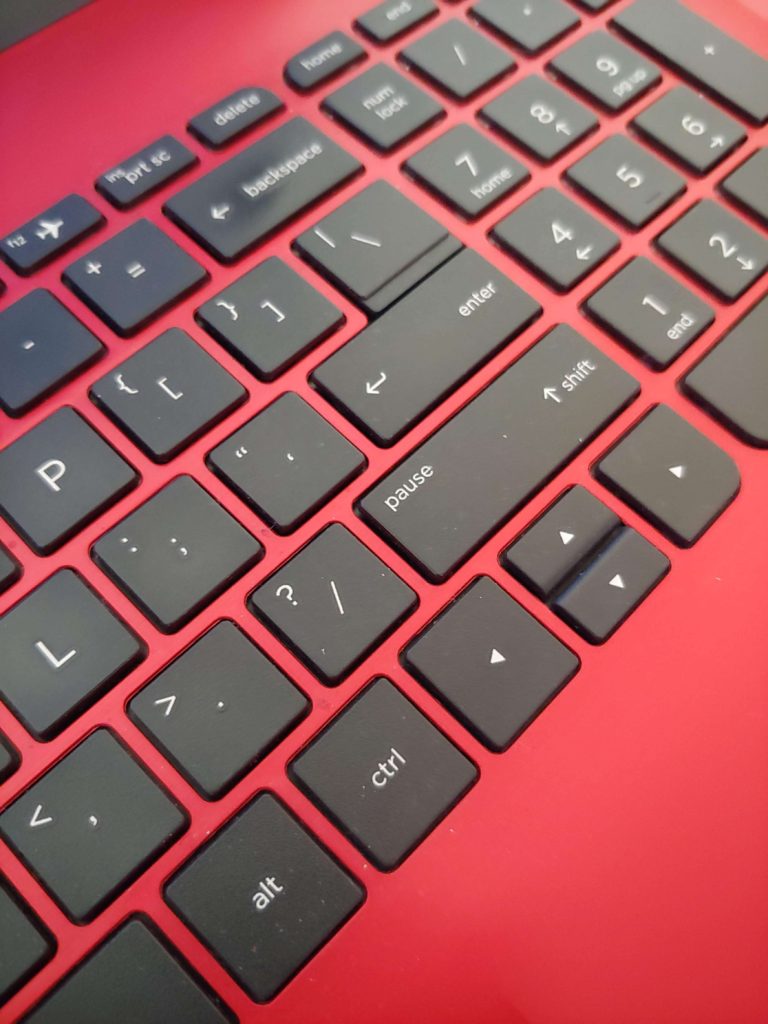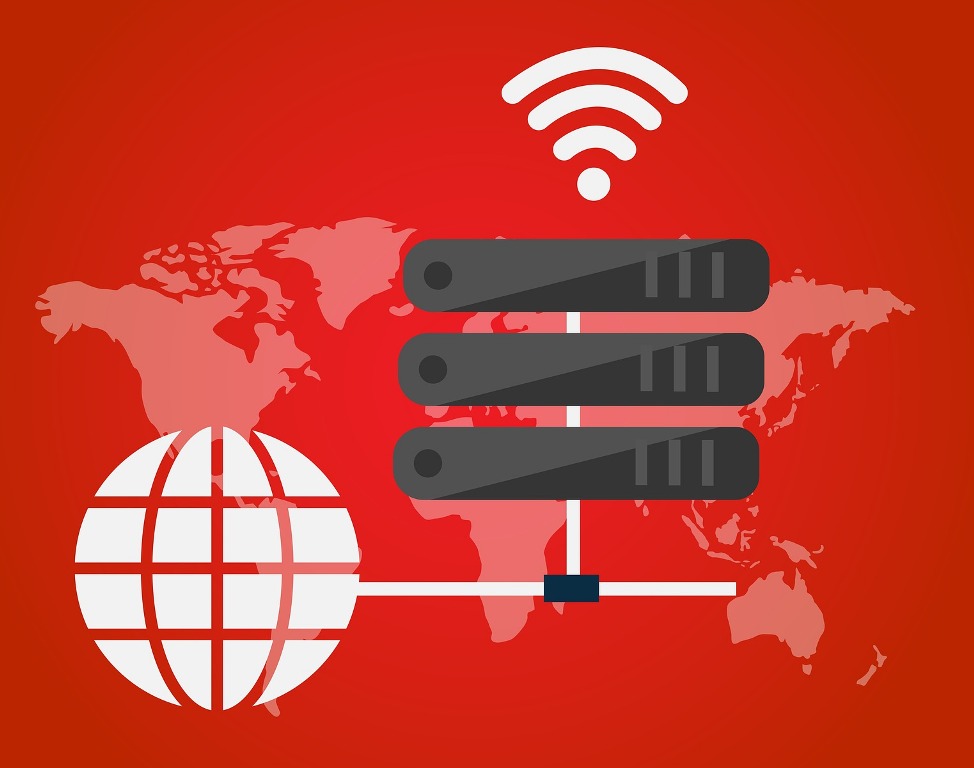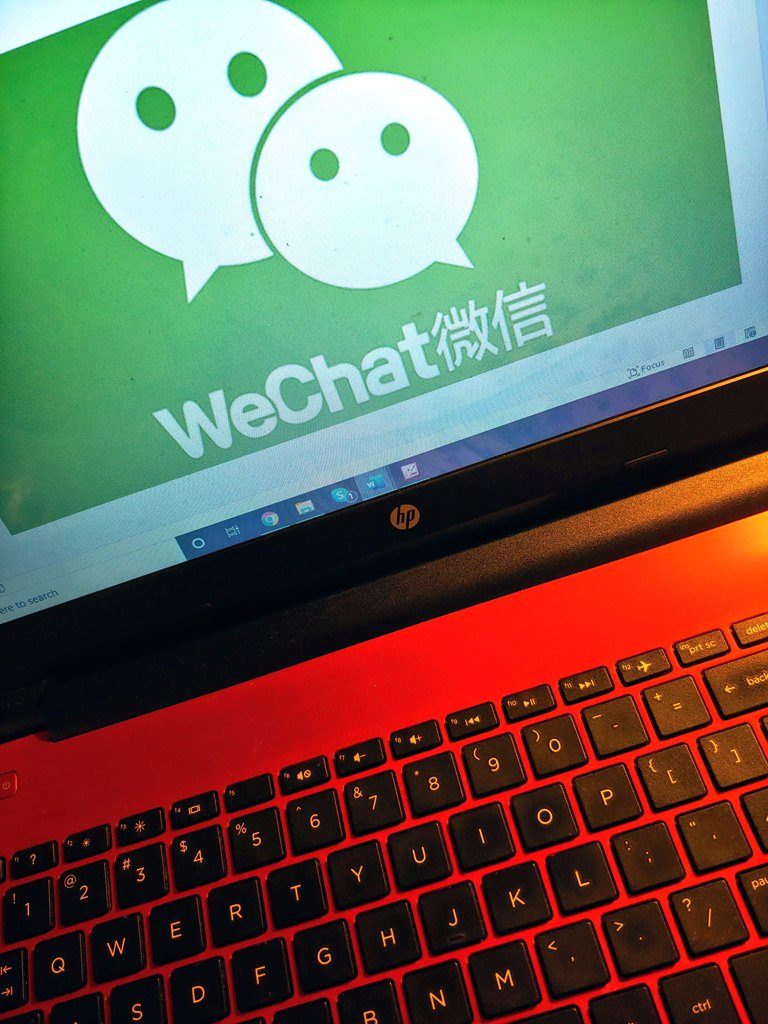The Chinese are great at building stone walls and firewalls. The stone wall took 2500 years to construct and protected China from warring nomadic neighbors who lived in the north. It is now replaced by Great Firewall which protects Chinese citizens, not from warring neighbors, but rather from Western ideologies. Here are some tips for staying connected in China.

Censorship
The Chinese people are aware of the firewall and have adapted to living under its censorship. By blocking western forces such as Google, Twitter, Facebook, Skype, YouTube, Vimeo, Pinterest, etc.… the Chinese are forced to use their own copycat social media platforms. Less competition from the outside China means that the People’s Republic can nurture their own domestic businesses. Baidu to the Chinese is what Google is to Westerners. If you ask a local how they feel about not having access to all the internet they’ll tell you that they have social media platforms so it’s no big deal. Several told me that they trust the government to look out for them.
So what’s a foreigner to do? Traveling in China takes some flexibility so here’s a few suggestions to make staying connected in China easier.

Breaking through the Firewall:
To access Google, Facebook, Twitter, Pinterest, and other banned western sites you need to break through the firewall. A VPN or Virtual Private Network modifies your IP address and disguises it to look like you are surfing the net from a country, other than the one you are traveling.
Choosing a VPN should be researched just before leaving home and set up before arriving in China or other countries where internet is censored. A VPN that can escape the Great Firewall today might not be available next week. So, don’t assume that a VPN you have used in the past is still available. The trick is to figure out the ones that are current. China could shut down all VPN’s, but that won’t happen because it would affect the ability of international companies to do business outside of China.

I spoke with a couple of xpats from the US and Great Britain who either used ExpressVPN or NordVPN. Both of the above companies have a 30-day guarantee. You might considering purchasing both to see which one works best then use the 30-day guarantee to get your money back on the one that didn’t work out.
Two options that pair well with a VPN are Pocket WiFi for browsing while on-the-go or to buy a SIM card and pair it with VPN access.
Traveling VPN-less
I wanted to know if it was possible to travel while staying connected in China without a VPN so I opted to go the VPN-less route. The trick is to research and download what you need before leaving. Personally, I knew I could live and travel without accessing social media. What I missed was easy access to email, my normal search engine (Google) and Google maps.
To go this route it is necessary to familiarize yourself with what is and isn’t censored. The list is constantly growing and changing. For an updated list go to: https://www.vpnmentor.com/blog/the-complete-list-of-blocked-websites-in-china-how-to-access-them/
Staying Connected in China
Typically while traveling most countries, I’ll stop at an internet cafe to touch base with home, get my emails, and if I feel social, I might even check Facebook. In China, most internet cafes are found in residential areas and are not intended for the traveler looking for internet access. In fact, many might intentionally turn a foreigner away.
Before departing you can ask your hotel if they have a VPN for guests but you most likely won’t get a direct answer. No one advertises where you can escape the great firewall. If you’re lucky you might end up with a hotel that can reach all areas of the internet.

My Downloads
I downloaded Baidu and Bing search engines before I left the states. Bing was highly suggested by a business friend but by the time I arrived in China, Bing was blocked and had been sucked into the depths of the Great Firewall. Baidu was not a comfortable fit for me. I felt lost using it and found the whole process difficult as an English speaker to surf for sight-seeing information.
I ended up searching the web with Dogpile, albeit it was s-l-o-w. But I got the information that I needed.
A Replacement for Censored Google Maps
Maps.me is a mobile app for android, iOS and BlackBerry. I set up Maps.Me before leaving home and downloaded offline maps for Beijing and the surrounding area. Maps.Me works off Data Street Maps and doesn’t require cell service or Wi-Fi. You can choose to download certain areas or the entire country. There is a location area where you can bookmark a favorite locale, or you can scan the map to find out what else is in your area. What I liked the most was that I could tap the screen and add in my location and where I wanted to end up and have directions displayed just like Google Maps. I had no problems using Maps.Me in China. After traveling, I delete the maps on my phone to save memory.
Note: Map.me does not work if you leave your phone in the hotel room. Read about that experience here.
Messaging
Since Facebook is banned in China that means Messenger is also. There are other alternatives, just make sure they are downloaded and set up before leaving home.
WhatsApp is available in China and offers messaging and voice, video calls. I was most familiar with WhatsApp and had used it prior to traveling China, so this was my top choice.
Skype continues to be available in China. I Skyped home a few times and discovered that connecting was no issue but the quality was poor.
I, also downloaded WeChat before departing from home. It’s the Chinese glorified version of Facebook and is used for multi-purpose messaging, social media and mobile pay app. It doesn’t work with foreign phone numbers but will work with a Chinese Sim card or pre-paid phone. You can send texts, short voice messages, voice calls and video calls – for free! Note: Friends and family at home that you want to touch base with will need to create WeChat account.
Emailing
To be quite honest, I had no real need to check my email while in China. It was only a five day span from the time I landed in Beijing to the time we departed for Mongolia. Before I left home, I had already decided that transferring emails to a non-censored email service was too much work and not a necessity. I played the gambling card and decided that the odds of an-emergency-type email was not going to occur. WhatsApp was all I needed for keeping in touch.

T Mobile Service
At this point, I feel I need to at least mention T Mobile Service for traveling. It is by far the preferred service that international travelers use. I spoke with a business traveler from Los Angeles who said that he uses T Mobile in China and has never had a problem escaping the firewall. T Mobile has good urban mobile coverage in most countries but can be spotty in rural areas. I live in the countryside where T Mobile doesn’t have service so have never justified the need to switch.

Expecting the Unexpected
It is possible to stay connected and sane while traveling in China. There is a myriad of methods to communicate from a censored country. As Westerners, we are so use to being continuously ‘wired’ that loosing our daily conveniences makes traveling in a censored country annoying. Careful planning and research will set the tone for a smooth trip but there will always be the unexpected glitch. Planning and expecting the unexpected will help but it’s a lot easier to just laugh and go with the punches. At the end of the day, it’s all about the adventure. Right?
Do you have suggestions or experiences to share when traveling censored countries? What makes your excursions less rocky?
*Comment Reminder* This is a safe site for children. If not tastefully stated, your comment will disappear in a “POOF”!


